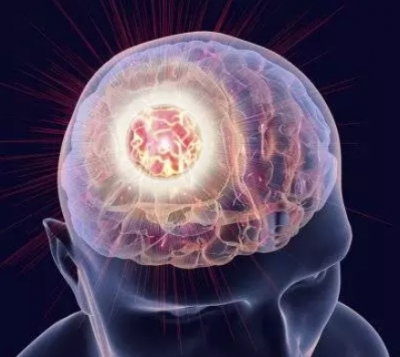profile/9013FB_IMG_15957668256075020.jpg
Zakariya5051

4 Ways I Used In Treating Forgetfulness From My Brain
~3.3 mins read
Memory isn't just a thing that occurs in your brain. You can't just will a memory into existence, you have to form it.
Our brains have a variety of processes – many of which we're still learning about – that define how and why memories are stored and how they are recalled.
Your brain contains billions of nerve cells arranged in patterns that coordinate thought, emotion, behavior, movement and sensation. A complicated highway system of nerves connects your brain to the rest of your body, so communication can occur in split seconds.
Consider how often you find yourself forgetting something important. You might forget the name of someone from your past, a word you want to use, or the date of your best friend's birthday. Forgetting is a common problem that can have both minor and serious consequences.
So what can we do to improve on our memory?
A few points have been highlighted below.
1: Work Out Your Brain
Memory, like muscular strength, requires you to “use it or lose it.†The more you work out your brain, the better you’ll be able to process and remember information. But not all activities are equal. The best brain exercises break your routine and challenge you to use and develop new brain pathways.
2: Get Enough Sleep
Sleep is important to a number of brain functions, including how nerve cells (neurons) communicate with each other. In fact, your brain and body stay remarkably active while you sleep. Recent findings suggest that sleep plays a housekeeping role that removes toxins in your brain that build up while you are awake. Good sleep aids good memory.
3: Practice Mindfulness
Mindfulness is a kind of mental exercise for your brain. Based on meditation, it helps you to focus on the present moment.
Research shows that after practising mindfulness, the grey matter in your brain’s amygdala – a region known for its role in stress – can become smaller
The pre-frontal cortex is the area of your brain responsible for things like planning, problem solving, and controlling your emotions. The grey matter in this area can become thicker after practising mindfulness, showing increased activity in these areas of thought.
profile/9013FB_IMG_15957668256075020.jpg
Zakariya5051

7 Kidney Disease Signs You Should Never Ignore
~3.7 mins read
Your kidneys are responsible for filtering blood and removing toxins from your body system. They send the toxins to your bladder which later removes it during urination. Kidney failure occurs when your kidneys lose the ability to filter enough waste from your bloodstream. Here are some of the factors that can interfere with the health and function of your kidney.
- Exposure to environmental pollutants and some certain medications.
- Severe dehydration
- Acute and chronic diseases.
Below are some of the signs of a damaged kidney:
1. Fluid retention, causing swelling in your legs, feet or ankles.
2. Shortness of breath.
3. Fatigue, nausea or weakness
4. Irregular heartbeat.
5. Always wanting to urinate often especially at night.
6. Blood in your urine.
7. Difficulty in sleeping and itchy skin.
when your kidneys can't do their regular job, your body becomes overloaded with toxins. This leads to kidney failure which can be life threatening if left untreated. Below are some urine colours that possibly show the state of health of your kidneys:
- Clear or pale yellow: this colour show that you are well hydrated. It is the normal colour in most cases.
- Dark yellow or amber: this shows that you may be dehydrated. Try drinking more water and cutting down your tea or coffee.
-Orange: this can be a sign of dehydration or bile in your bloodstream. If after drinking water, it remains like that, visit your doctor.
- Pink or red: urine with a bit of red or pink may have blood in it. it could also be caused by certain foods. A quick urine test can tell the difference.
Advertisement

Link socials
Matches
Loading...
